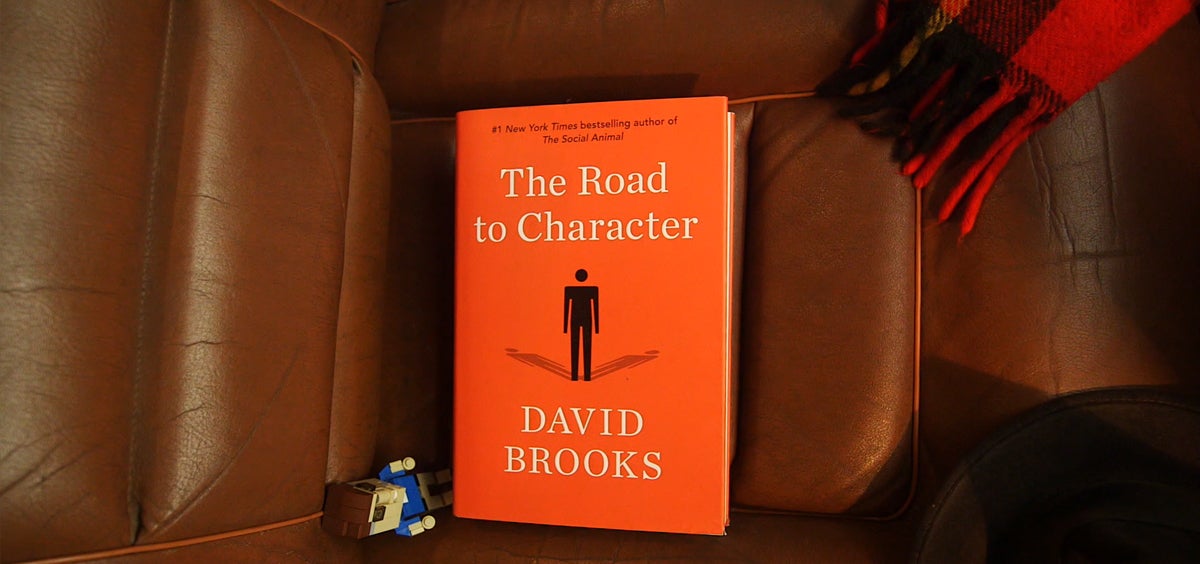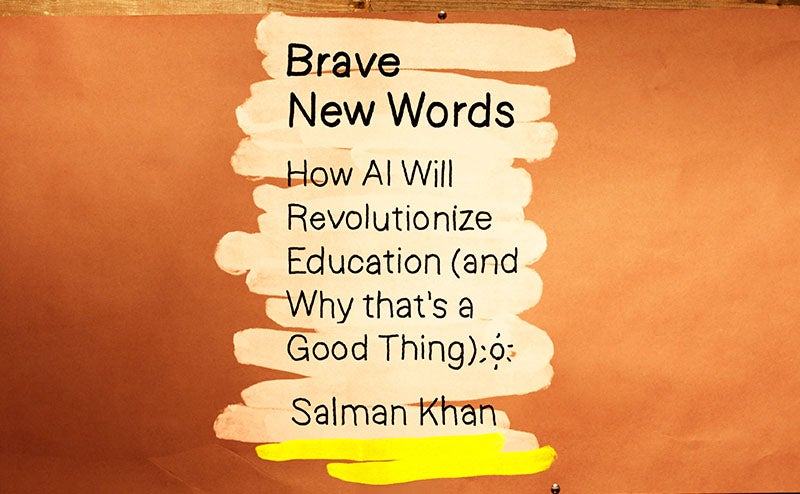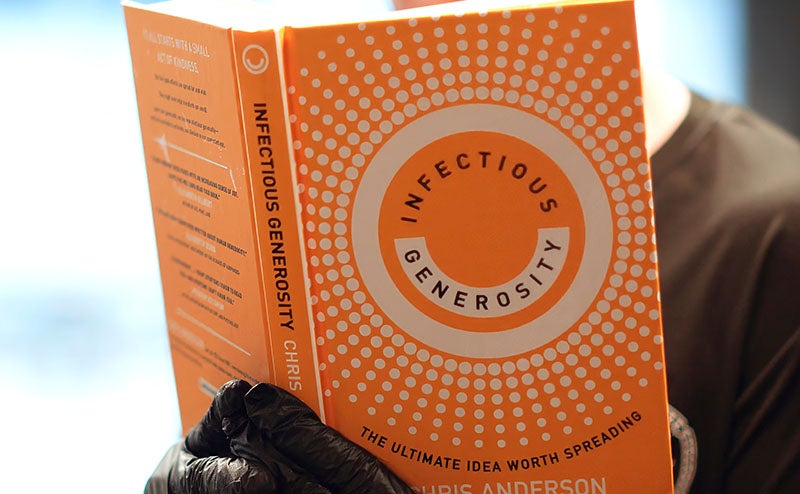Hannah Ritchie provides tangible action that people, companies, and governments can take to build that better world—one where trade-offs between human well-being and environmental protection, between life today and life tomorrow, no longer have to be made.
I turned 60 at the end of October. Like a lot of people who reach that milestone, I got to thinking about the “résumé virtues” (the traits that drive external success) and the “eulogy virtues” (the qualities that lead to deeper meaning)—and finding the right balance between the two.
My birthday was not the only reason I started thinking about these questions. I was also prompted by reading The Road to Character, the latest book by New York Times columnist David Brooks. Brooks sums up his aspiration for the book this way: “I’m hoping you and I will both emerge from the next nine chapters slightly different and slightly better.” It certainly was a stimulating read, and it got me thinking about my own motivations and limitations in new ways.
The central metaphor of the book comes from the Book of Genesis. Borrowing from a rabbi named Joseph Soleveitchik, Brooks points out that Genesis contains two opposing depictions of Adam, which represent two different sides of human nature. “Adam I is the career-oriented, ambitious side of our nature,” Brooks writes. “He wants to have high status and win victories.” Adam II, in contrast, is more internally focused. “Adam II wants to have a serene inner character, a quiet but solid sense of right and wrong—not only to do good, but to be good.”
Brooks fleshes out the Adam I/Adam II metaphor by offering profiles of a broad set of historical figures. Not all of them are paragons of virtue. But they are paragons of character.
Many of the profiles gave me good food for thought. For example, I liked the profile of General George Marshall, who is probably better known today for his visionary plan to rebuild Europe after World War II than for leading the U.S. Army through that war. Brooks shows that Marshall was a man whose résumé accomplishments were built on a eulogy virtue: self-mastery, more commonly known as self-restraint or self-discipline.
The ultimate example of Marshall’s self-mastery came in the middle of the war, when President Franklin Roosevelt had to pick a commander of the Allied invasion of France. Brooks writes that “Marshall secretly craved the assignment.” And yet he refused to be a self-promoter. He didn’t even request the job when FDR asked him point blank if he wanted it. FDR wound up giving the assignment to Dwight Eisenhower, who rode his D-Day glory all the way to the White House. It’s hard to imagine a lot of people taking Marshall’s approach today, whether they’re in the military, politics, or business.
My least-favorite profile was of Augustine, a theologian born in the 4th century AD. One of my friends found this profile to be a compelling one, but I didn’t buy it. Although more than a hundred of Augustine’s books and essays have survived to this day, I question how much we can really know about someone who lived that long ago.
After finishing his chronicles of character, Brooks uses his final chapter to warn that American society has drifted out of balance. He’s not trying to scold us into renouncing our worldly ways and becoming modern-day Augustines. And he certainly doesn’t believe that our Adam I side is evil. Far from it. He’s a free-market Republican who knows our Adam I traits are essential for driving the creativity, innovation, risk taking, and job creation that have made America great. But he argues that many forces in our economic and cultural life—including our intensely competitive meritocracy and social media platforms that nudge us all to be self-promoters—have made it harder to hear the voice of Adam II.
Brooks believes that this balance shift takes a psychic toll. “The central fallacy of modern life is the belief that accomplishments of the Adam I realm can produce deep satisfaction,” he writes. “Adam I’s desires are infinite and always leap out ahead of whatever has just been achieved. Only Adam II can experience deep satisfaction.”
I like the way Brooks fleshes out the Adam I and Adam II sides of human nature, but it’s not always clear where one starts and the other stops. For example, you could argue that my work with Microsoft was a classic case of Adam I résumé-building. But I found deep satisfaction in that work—not because I achieved material success beyond my wildest expectations, but because I got to help build a great team and be part of a new industry that unleashed the potential of people all around the world.
On the other hand, some might see my foundation work as based on eulogy virtues. But I would be lying if I said that I don’t also get a small boost of Adam I-type satisfaction when that work goes well.
Even if the distinction between résumé and eulogy—Adam I and Adam II—isn’t always crystal-clear, I agree with Brooks that it’s useful to think about how to get the balance right. In a chapter entitled “The Summoned Self,” he suggests that the voice of Adam II gets louder when we ask “What are my circumstances calling me to do?” He quotes an even more powerful version of this question from the novelist Frederick Buechner: “At what points do my talents and deep gladness meet the world’s deep need?”
I like that question a lot. It’s the kind of question we can ask any day, not just on those milestone birthdays. It can remind us to pay attention to our neighbors around the world. It can also help us hear the voice of Adam II.





